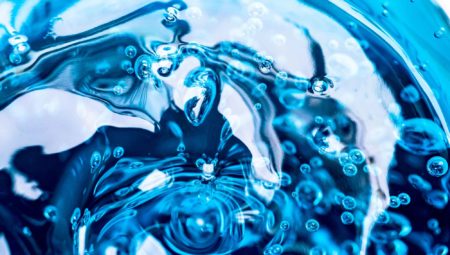The BluePlasma project deals with the electric conversion of CO2 into its building block (green) CO, from which a multitude of value-added chemicals can be produced, like e-fuels, monomers and polymers.
The electrification of the conversion of CO2 is using a technology based on atmospheric plasma. This process is fully flexible to follow trends in the power supply coming from renewable sources. However, the plasma process is just a part in the complete value chain in the production of green CO. Therefore, the BluePlasma project is aiming to form a strong complementary consortium, with partners having their own discipline and role within the value chain.
The project will result in demonstration of the technology at large scale and in different settings: within the project, a larger R&D unit will be constructed, aiming to increase the TRL of the plasma technology, from TRL1 – basic principles observed, to ultimately reach TRL4 – technology validated in a controlled environment.
Experiments and benchmarks
The optimal conditions to convert CO2 into CO using atmospheric plasma will be established by combining theoretical simulations with experimental observations in the R&D unit. In addition, the plasma technology will be benchmarked with other CCU technologies by means of a techno-economic assessment, combined with the assessment of the potential for scaling up in a subsequent step.
The current industrial consortium of BluePlasma consists of: an expert firm in atmospheric plasma processing, a large steel producer with experience in LCA of the complete value chain and an engineering company with expertise in engineering and manufacturing of process equipment. To complete the consortium, the Belgian spearhead cluster for chemicals and polymers Catalisti is searching for complementary partners, namely:
- an industrial partner with expertise in gas handling and/or gas separation technology;
- an industrial partner with expertise in the production of value-added chemicals based on CO;
- an industrial partner with expertise in storage of CO2, combined with expertise in buffering of
- green CO;
- an industrial partner with expertise in fundamental LCA;
- an industrial partner with expertise in the availability and usage of green electricity.
Applications can be sent by e-mail before 25 January 2022. Visit the Catalisti website for more information.
Image: Captain Wang/Shutterstock



